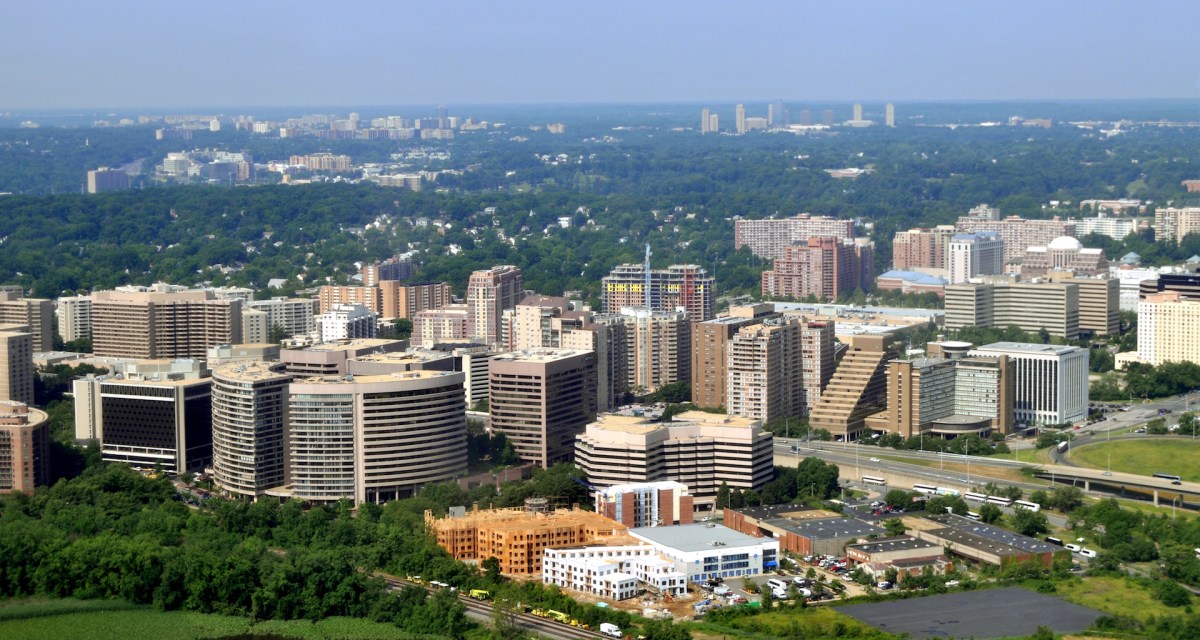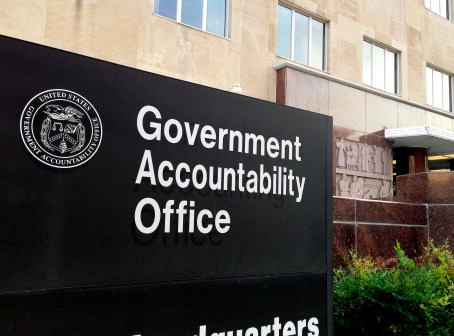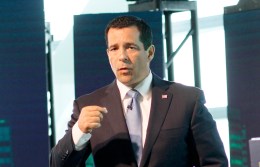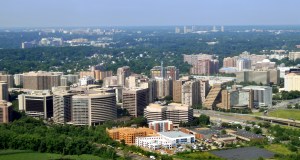Delays in security clearances hit IT vendors in capital region the hardest, report says

The backlog in federal security clearances has a disproportionate effect on digital technology companies in and around the nation’s capital, according to a new report that gathers data on a process that has faced increased scrutiny from lawmakers, the Trump administration and industry.
The Greater Washington Partnership — a “civic alliance of CEOs” from the corridor that stretches from Baltimore to Richmond, Virginia — says that the backlog isn’t just a headache for companies, as they typically wait more than 200 days for a new hire to get a clearance. The delays are also a drain on the regional economy, the report says.
“Though the Capital Region has a deep and diverse digital tech workforce, the region will not reach its full economic potential if its digital tech and security clearance jobs are left unfilled,” the report says, citing 2018 statistics for job openings and the requirements listed for those positions.
The categories of “systems engineer” and “software development engineer” had the highest numbers of openings that also required a clearance, with about 2,700 each in the Capital Region, the report says.
And the employers in the region with the most openings for cleared workers in 2018 reads like a who’s who of the federal IT community: Booz Allen Hamilton (13,634 postings), ManTech (4,331), General Dynamics (4,028), Leidos (2,046) and Northrop Grumman (1,776). The federal government itself had 2,446 openings.
“Security clearances are by far the most highly requested credential for individuals working in digital tech,” the report says.
It offers succinct explanations for the backlog in background checks: “(1) there is higher demand for cleared workers and consequently more workers need clearances, and (2) there is more for background investigators to investigate because there are more second-generation Americans with family members abroad, more communication activity due to social media, and more global connectivity in general, which leads to longer investigations, as investigators track foreign contacts and any potential illegal online activity.”
The Trump administration has taken direct action on speeding up the process, transferring all background checks that had previously been done by the Office of Personnel Management to the Department of Defense. The Defense Information Systems Agency as well as the renamed agency handling the background checks — the Defense Security Service — already have started issuing contracts for improvements to its systems.
Congress has been trying to work on the issue through legislation such as the House and Senate versions of the fiscal 2020 intelligence authorization bill.
Sen. Mark Warner, D-Va., has pushed his own provisions for overhauling the process, and Rep. Will Hurd, R-Texas — a former CIA officer — said earlier this year that he thinks it should take only a few days.
On average a new hire must wait 422 days to get a Top Secret security clearance and 234 days for a Secret clearance, the director of the National Background Investigations Bureau, Charles Phalen, said this July.
The Greater Washington Partnership says it took input from federal talent acquisition officers, executives at top defense and intelligence contractors and other industry officials from the region.





